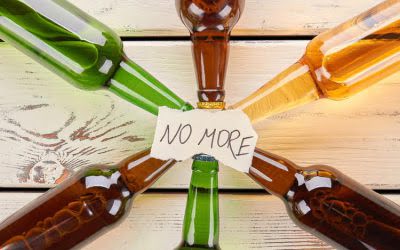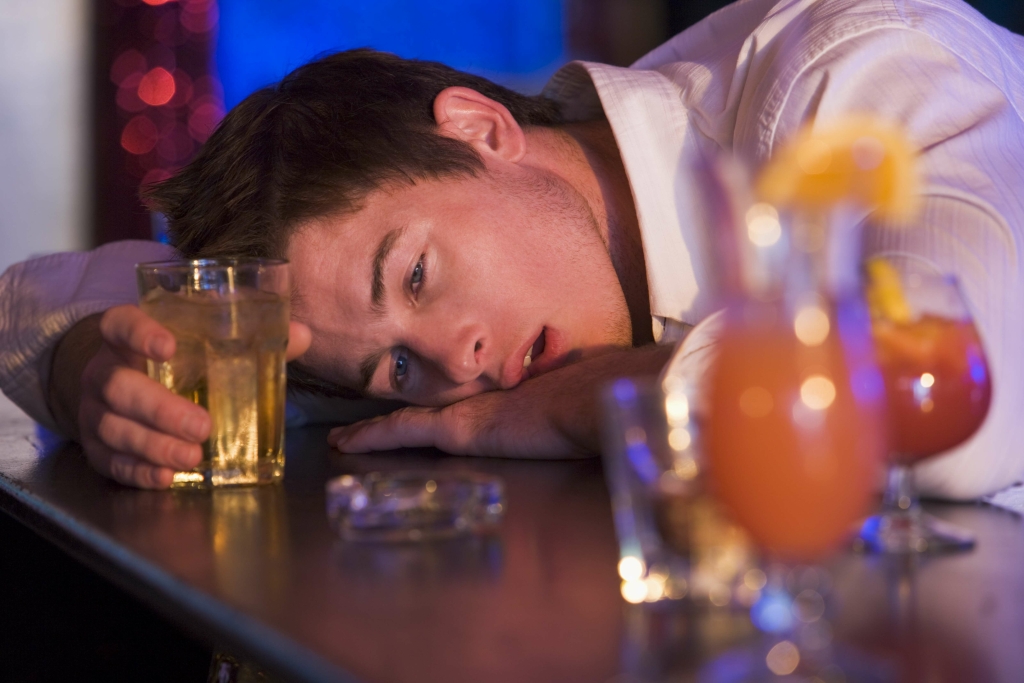Our aim was to review the evidence base for the appropriate management of the alcohol withdrawal syndrome using pharmacotherapy. We specifically sought articles relating to medications commonly used in India and those that can be recommended based on strong evidence. Alcohol withdrawal symptoms can shift quickly and violently – you can experience minor symptoms to extremely severe side effects in a matter of hours. There are many alcohol treatment programs that focus on helping individuals overcome drinking problems, no matter how minor or how serious.
Final days of 5X Challenge!
Go to the nearest emergency room or call 911 (or your local emergency service number) if you or a loved one has any concerning symptoms of alcohol withdrawal. alcohol withdrawal syndrome symptoms Alcohol withdrawal can range from very mild symptoms to a severe form, known as delirium tremens. After the alcohol withdrawal stage, you will transition into other treatment therapies, activities and programs. These will provide you with the tools and resources to prevent triggers, continue on-going recovery and live a well-balanced life after rehab. Medication should be used alongside therapy, lifestyle changes, and support systems for the best recovery outcomes. Consulting a healthcare professional ensures safe and effective treatment.
- If you notice irregular heartbeats or significant blood pressure changes, don’t wait to seek help.
- Because the brain reduces its output of GABA while a person is consuming high amounts of alcohol, suddenly not drinking leaves the brain with a shortage of this calm-inducing chemical.
- Other patients benefit from stays in comprehensive treatment facilities, which offer a combination of a 12-step model, cognitive-behavior therapy, and family therapy.
Rediscover Life at Better Life Recovery
An alternative adjunctive medication useful in patients with refractory DT is haloperidol given in doses of 0.5-5 mg by intramuscular route every min29 or 2-20 mg/h34 while continuing to give diazepam mg every 1-2 h. Newer antipsychotics like risperidone (1-5 mg/day) or olanzapine (5-10 mg/day) may have a better safety profile than haloperidol (2, 5-10 mg/day)7 and are preferred as adjuncts to benzodiazepine treatment. Consult a healthcare professional to seek medical treatment and explore medication Drug rehabilitation options for PAWS. It is important to seek medical treatment if PAWS symptoms interfere with daily life or recovery. Post-Acute Withdrawal Syndrome (PAWS) occurs after stopping both alcohol and drugs, but symptoms and duration can vary based on the substance used. It is important to seek medical treatment to ensure an accurate diagnosis and appropriate management of PAWS.

When To Seek Help for Alcohol Addiction
- It is important to seek medical treatment to ensure an accurate diagnosis and appropriate management of PAWS.
- If certain medications decrease the kindling effect, they may become preferred agents.
- Anti-seizure drugs such as gabapentin and carbamazepine can help reduce your craving for more alcohol.
Your unique physical characteristics and health status play crucial roles in determining how your body responds to the withdrawal process. It only affects around 5% of individuals going through alcohol withdrawal. Talk to your doctor before stopping drinking, or go to your trusted treatment centre.

Management
- Your sleep disruption typically peaks during the first week of withdrawal but can persist for months due to neurobiological changes in sleep-regulatory brain regions.
- Consider replenishing the body with electrolytes that may be lost during sweating or vomiting.
- The brain does not automatically return to normal after you stop drinking.
Research shows people who have a supportive social network are more likely to remain alcohol-free after withdrawal. Those with a wider circle of support have a better chance of staying sober. Many involve a combination of group psychotherapy (talk therapy) and medications. Alcohol (ethanol) depresses (slows down) your central nervous system (CNS). If you consistently consume significant amounts of alcohol, your CNS gets used to this effect. Your CNS must work harder to overcome the depressant effects of alcohol to keep your body functioning.


